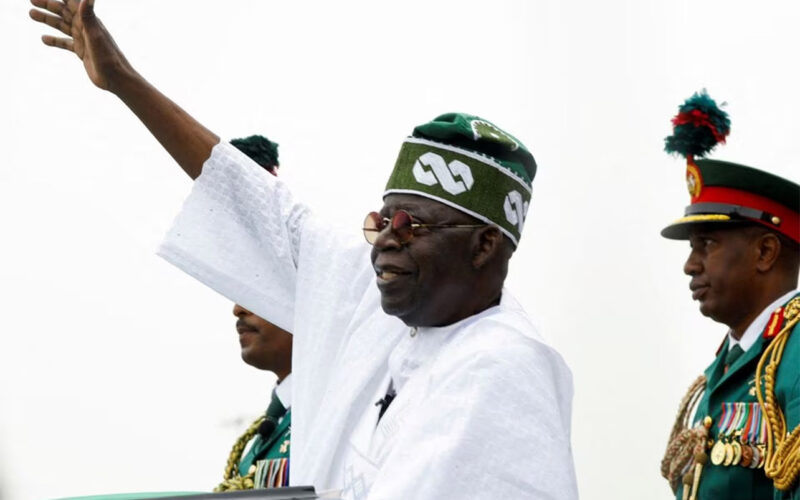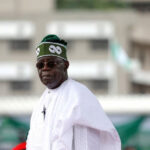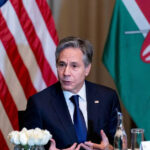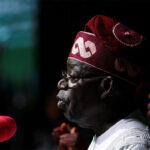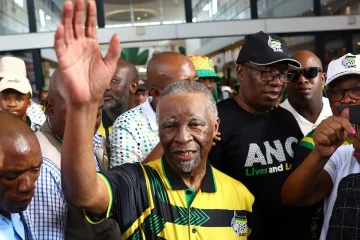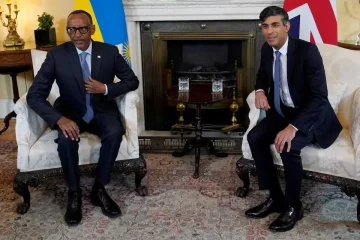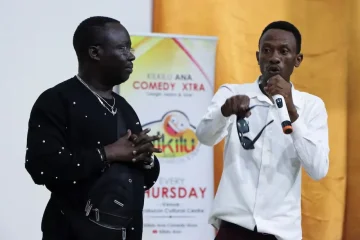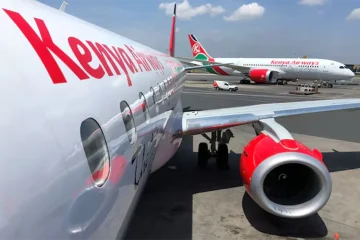NIGERIA’S two main opposition leaders asked the Supreme Court to quash last month’s tribunal ruling upholding President Bola Tinubu’s February election victory, in a last bid to reverse the results of a vote widely accepted by the international community.
No legal challenge to the outcome of a presidential election has succeeded in Nigeria, which returned to democracy in 1999 after three decades of almost uninterrupted military rule and has a history of electoral irregularities.
Elections in the past had been characterised by ballot box snatching, accusations of allowing unregistered voters to cast ballots, and completely made-up results.
Atiku Abubakar of the People’s Democratic Party and Peter Obi of the Labour Party, who came second and third respectively in the vote, took their election fight to the highest court, which reserved ruling to a date yet to be announced.
On Sept. 6 the presidential tribunal rejected petitions by Atiku and Obi to cancel the election result over alleged irregularities.
Lawyers for Atiku and Obi told the court that the tribunal erred when it declared that it was not mandatory for the electoral agency to electronically transmit results from polling stations even though it had promised to do this.
They also argued that Tinubu did not score 25% of the vote in the federal capital Abuja, which meant he did not meet the legal threshold to be declared the winner.
Under Nigeria’s electoral law, a presidential candidate is deemed to have won if they get no less than a quarter of the votes cast in at least two-thirds of all the 36 states and Abuja.
The provision has been interpreted differently by the opposition and Tinubu’s lawyers.
The opposition says a successful candidate should get 25% of the vote in three-quarters of the states and the same in Abuja while Tinubu argued that the 25% refers to the states and Abuja combined.
The Supreme Court, which has the final say in presidential election petitions, has 60 days to pass judgment from the day of the presidential tribunal ruling.

